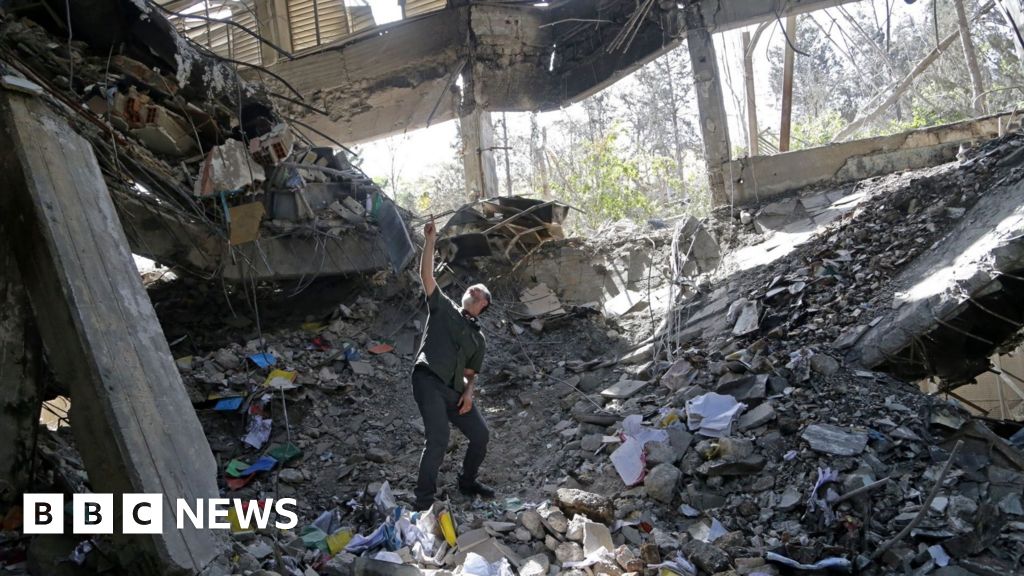In a notable move reflecting growing public outrage, Iranian President Masoud Pezeshkian has dismissed Shahram Dabiri, his deputy for parliamentary affairs, following a controversial trip to Antarctica with his wife during Nowruz, the Persian New Year. The presidential office condemned Dabiri's journey as "unjustifiable and unacceptable," particularly against the backdrop of significant economic challenges facing the nation.
Images of Dabiri and his wife, taken in front of the MV Plancius bound for Antarctica, sparked widespread criticism on social media, inciting anger against government officials perceived as living lavishly amidst widespread hardship. Pezeshkian issued a statement declaring that Dabiri's actions were "indefensible," emphasizing that regardless of whether the funds for the trip were his own, such conduct starkly contradicted the values expected of leaders, particularly during a time of economic strain for ordinary citizens.
The Iranian economy currently grapples with intense challenges, exacerbated by Western sanctions linked to its foreign policy and support for designated terrorist organisations. Reports indicate Iran's unemployment rate stood at 8.4% in October 2024, with inflation soaring to 29.5%, compounding the difficulties faced by many Iranians.
The Antarctica expedition aboard the MV Plancius can cost upwards of $6,685 (£5,187), a figure that underscores the luxury associated with such trips, which are typically reserved for researchers and explorers. However, a notable shift towards tourism-focused cruises has emerged lately, making these once-exclusive journeys more accessible to those willing to pay.
The discussion surrounding Dabiri's trip has gained momentum as the public increasingly questions the priorities of their government leaders. Pezeshkian, who assumed office vowing to enhance the Iranian economy and improve citizens' lives, has faced mounting pressure to act decisively against perceived abuses of privilege. Many supporters have echoed the call for Dabiri's removal, highlighting the growing dissatisfaction with government officials' expenditure as the population copes with economic adversity.



















